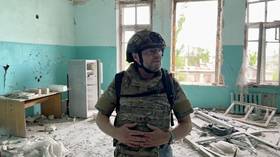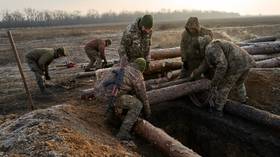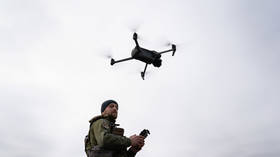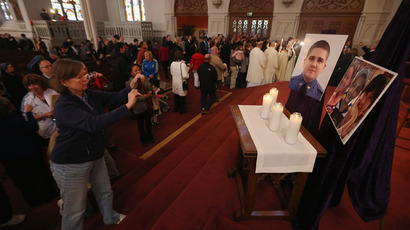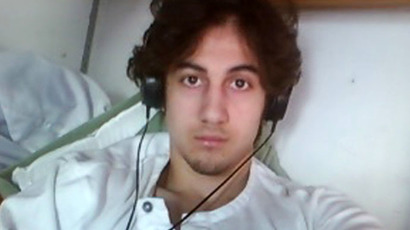Spirit of Boston shines during 120th marathon as bombing victims remembered
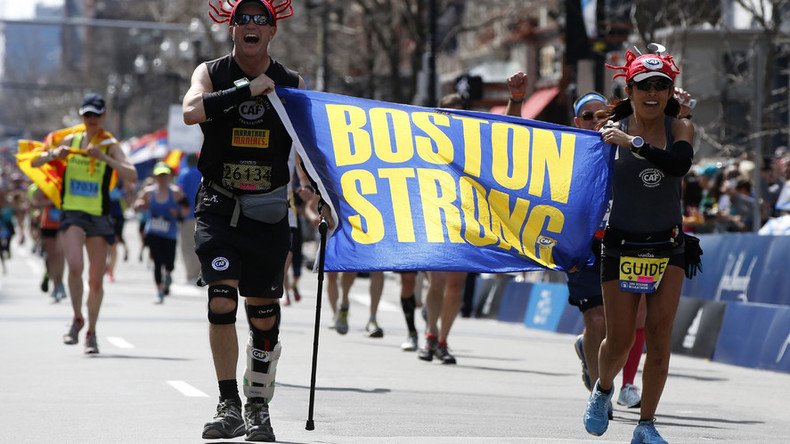
The sun shone hot and bright for the 120th running of the Boston Marathon. With much of Massachusetts was shut down for Patriot’s Day, residents turned out en masse to cheer on the runners. For the first time, Ethiopians swept the men’s podium.
Lemi Berhanu Hayle, a 21-year-old from Ethiopia, won the 26.2-mile race with an unofficial time of 2 hours, 12 minutes, 45 seconds, defeating last year’s winner and fellow countryman Lelisa Desisa by 47 seconds. Ethiopian Yemane Adhane Tsegay placed third. On the women’s side, Atsede Baysa, a 29-year-old Ethiopian, was 37 seconds behind with five miles to go, but pulled ahead to win with an unofficial time of 2 hours, 29 minutes, 19 seconds. Fellow Ethiopian Tirfi Tsegaye placed second, while Kenyan Joyce Chepkirui came in third. It’s the first time that Ethiopians have won both races.
The wheelchair race is one of the most inspiring parts of Marathon Monday, and those participating get every bit as much support as the runners do. Marcel Hug defended his title, while Tatyana McFadden won her fourth straight.
Three years after a bombing marred the marathon finish and scarred the city, Boston sought to remember the four victims who died, as well as the hundreds of others who were injured. At least two people who lost limbs after homemade bombs ripped through the crowd ran on Monday. Patrick Downes, who lost a leg and whose wife eventually lost both legs, threw out the first pitch during the Red Sox game at Fenway Park on Sunday. He finished his 26.2 miles at 2:49 p.m. local time ‒ the exact same time the first of the two pressure cookers filled with shrapnel exploded.
During the annual Monday morning game, which also served as a commemoration of the Boston Marathon bombing, another victim threw out the first pitch.
#BostonMarathon survivor Jeff Bauman, Jake Gyllenhaal deliver 1st pitches on #PatriotsDay. https://t.co/WS8iifLs7Dhttps://t.co/lZ1pvGa0AB
— MLB (@MLB) April 18, 2016
Another amputee, professional ballroom dancer Adrianne Haslet-Davis, ran the difficult, 26.2-mile course. Although she had previously returned to the dance floor, it was her first marathon.
Double amputee Jami Goldman Marseilles, the only such woman in the world to have completed a marathon, ran in honor of Celeste Corcoran, who lost both of her legs during the 2013 bombing. Marseilles sought to be the first female double amputee to finish the Boston race.
Runners of all sorts get their inspiration during two particularly grueling parts of the course: the halfway mark near Wellesley College and the so-called Heartbreak Hill between miles 20 and 21 near Boston College. The whooping from Wellesley's infamous “scream tunnel” can be heard long before racers reach the area ‒ and long after. The screaming is so loud that police along the course in that area were wearing earplugs, according to WBZ’s Kim Tunnicliffe. Heartbreak Hill forces runners to climb about 30 feet in elevation in less than half a mile before descending again.
Thousands of people line the entire route, from Hopkinton to Back Bay, many with signs that range from amusing to encouraging, all cheering on the 30,000 official runners.
Some parts of Marathon Monday were distinctly Boston, from actor Mark Wahlberg dressed as a police officer at the finish line to Bobbi Gibb, the first woman to run the Boston Marathon, serving as the grand marshal for the race, 50 years after she snuck onto the course. In all more that 1,500 members of the Boston Police Department; 6,000 volunteers; 225 state police officers; and 61 different agencies came together to make race day happen. The marathon is expected to have an economic impact of $182 million, the Boston Globe’s Steve Annear tweeted.





